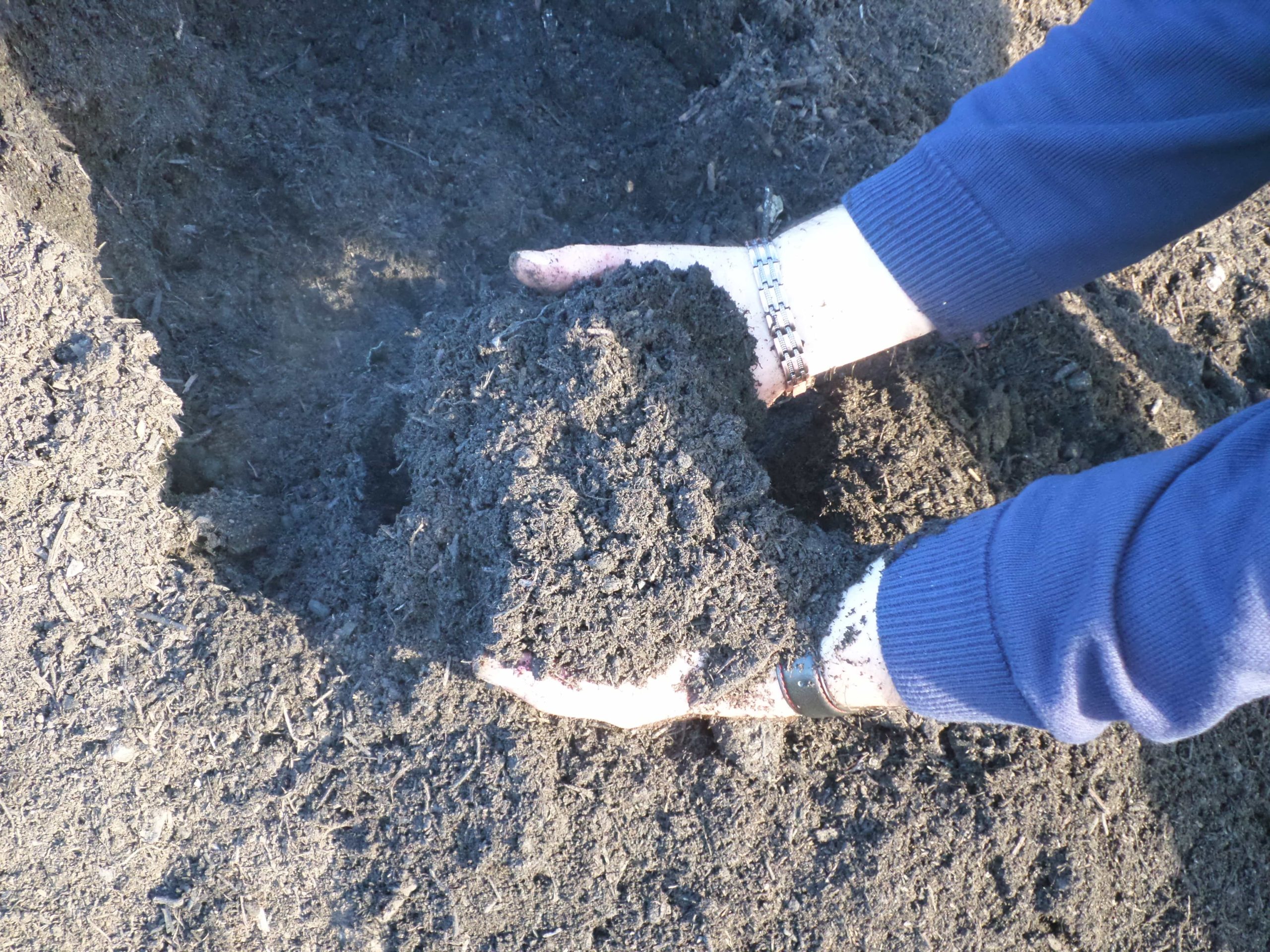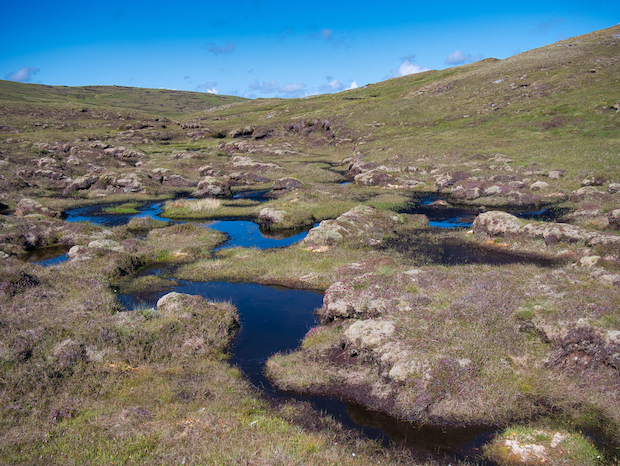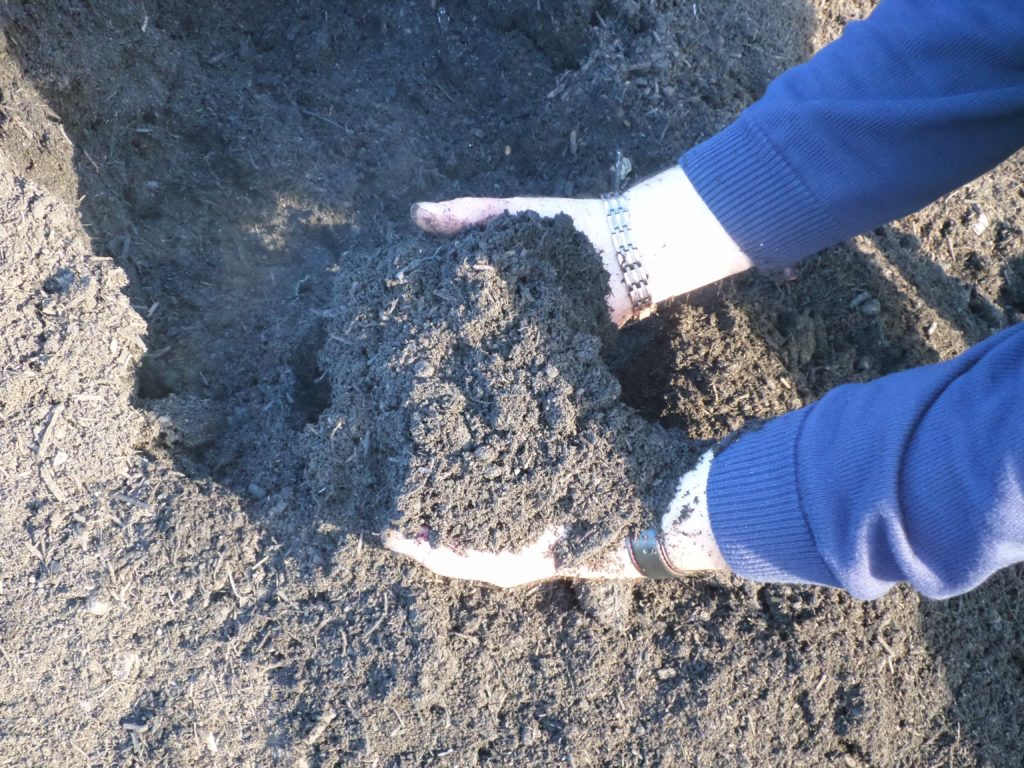
George Eustice proposed that the sale of peat compost be banned in England by 2024 as part the government’s wider ‘Peat Action Plan’.
The ban will be subject to a consultation later this year, and follows failed targets set in 2011 to phase out the compost by 2020 on a voluntary basis.
Mr Eustice commented: “Further details of the government’s new peat action plan will be announced, setting out a framework to improve the management, protection and restoration of both our upland and lowland peatlands.
“As England’s largest carbon store on land, peatlands play a vital role in trapping carbon, helping to control flooding and encouraging plants and vegetation that act as homes for wildlife, but when damaged, for example when mined for compost, they can end up emitting their carbon dioxide into the atmosphere.”
The secretary added that a £50 million grant will support the restoration of 35,000 hectares of degraded peatland in England between 2021 and 2025.
Imports
However, while waste management company Veolia described the proposals as a “welcomed step”, it warned that it is not just the UK’s peat that needs protecting.
Malcolm Marshall, general manager for compost at Veolia UK cautioned that while the banning of peat compost is required to meet net zero targets, a great deal of peat is still being imported from abroad.
Mr Malcom explained: “Unfortunately the voluntary phasing out of peat scheme did not work as we are still seeing a large amount of it being used in compost around the UK. This new consultation is a welcomed step and the speed it is being taken shows the importance the Government sees in protecting this valuable resource.
“But it isn’t just the UK’s peat that needs protecting as a country we also import millions of tonnes of peat from abroad, making us culpable for peat devastation beyond our borders. This has to stop.”
He added that Veolia believes peat-free compost produced from kerbside collected green waste to be “the way forward”, as the material will become free to collect as pledged in the Resources and Waste strategy.

‘Warmly welcomed’
Meanwhile, the Renewable Energy Association (REA) “warmly welcomes” the publication of the Peat Acton Plan, and announced that it will be responding to the upcoming consultation.
Recognising that the voluntary approach “has not delivered”, the REA said that the ban will introduce potential to use more composted plant and food waste to produce “high and consistent quality composts”.
Jenny Grant, head of organics and natural capital at the REA said: “The REA warmly welcomes publication of the Government’s England Peat Action Plan and commitment to consulting this year on banning the sale of peat and peat products for general use and phasing out its use in all horticultural sectors.
“There is potential to use considerably more composted plant and food waste to produce high and consistent quality composts suitable for supply to growing media manufacturers in the UK and Republic of Ireland, and with the right policy drivers Government can help all the relevant industries make valuable and sustainable contributions towards our Net Zero targets.”





Subscribe for free